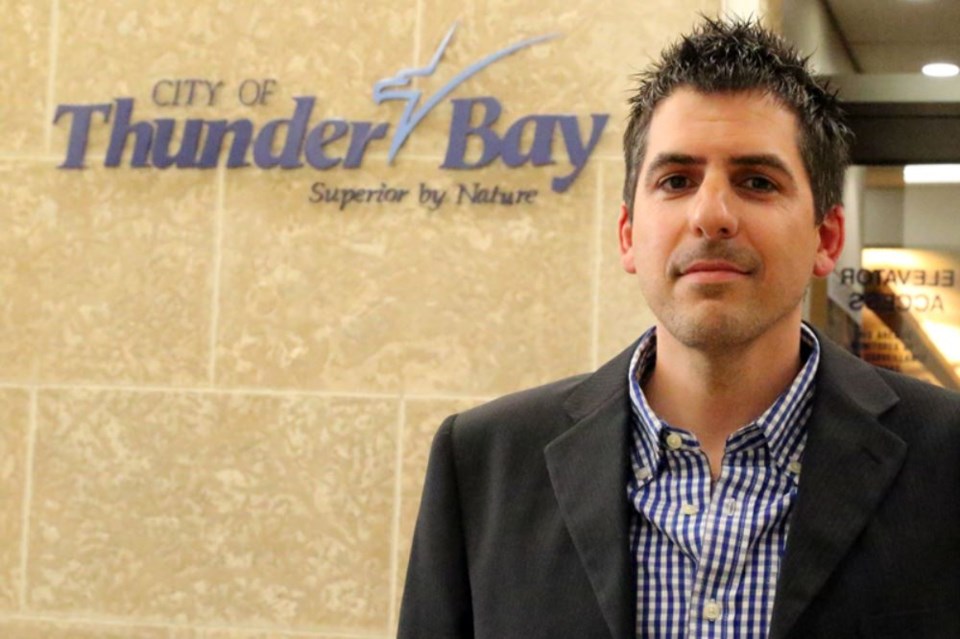THUNDER BAY -- The city’s waste and recycling division will present a new financial plan to council on Monday, which will advise all $1.75 million in annual recycling costs be transferred to taxpayers.
Changing consumption habits have disrupted the balance between municipal garbage revenues and recycling costs to the point where the program will incur a $500,000 deficit in 2017 and require the city to take out $20 million in capital loans without a new funding formula.
“We certainly know with the current financial model in which we operate, it’s unsustainable,” said solid waste and recycling services manager Jason Sherband.
Revenues from tipping fees at the John Street Road Landfill Site supplement provincial grants to fund the city’s recycling program. As product packaging has become lighter, waste weight at the dumpsite has fallen an average of 2.5 per cent per year since 2010 and it’s expected to fall at the same rate until 2020.
The department faces what Sherband calls “the diversion dilemma” as recycling volume increases and tipping revenues fall. Recycling’s success has outgrown the model that funds it but not by so much that the municipality qualifies for more provincial support.
“The model we operate under, it almost hinders us in a sense,” he said. “By diverting waste from the site, that’s revenue we’re not getting because we’re funding the landfill and the diversion piece off the rate side.”
On top of that structural challenge, the landfill site debt is expected to peak at $9.3 million in 2017, including $4.8 million it will need to borrow for upgrades and maintenance.
A $5-million remediation reserve fund will be needed by 2040, the year the site is expected to reach its capacity. That fund is currently $2.8 million short.
The city’s plan is to transfer the recycling costs to the taxpayer and increase tipping fees three per cent per year until 2026.
Alternately, administration will present council with an option to gradually increase the program’s cost the taxpayer until 2020, while borrowing $2 million.
Sign in or register
- Messages
- Post a Listing
- Your Listings
- Your Profile
- Your Subscriptions
- Your Likes
- Your Business
- Support Local News
- Payment History
Registered Users
Already have an account?
New Users
Create a free account.
